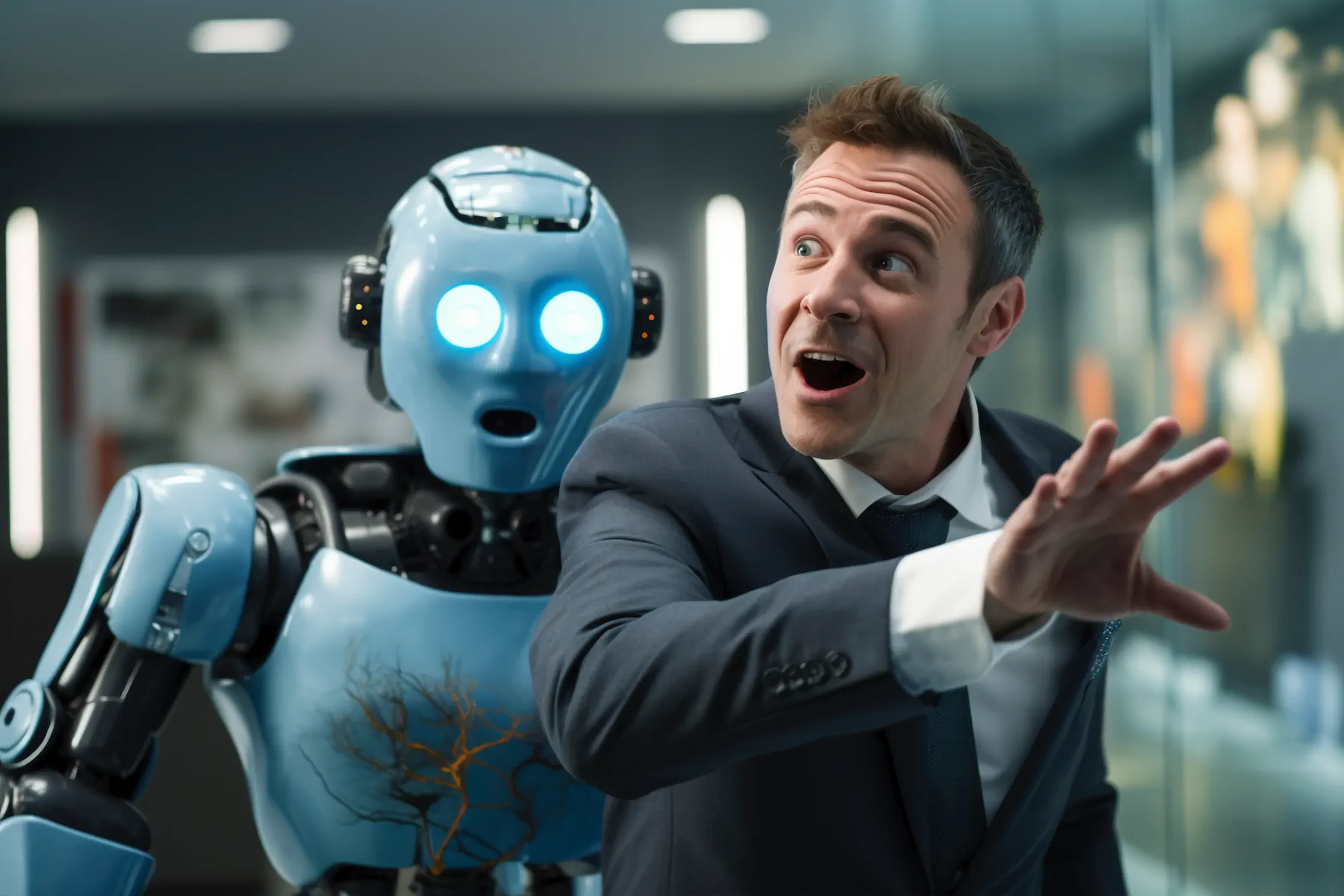Quick Summary
- Artificial Intelligence has the potential to transform the job market, but it cannot replace essential human skills.
- Creativity and empathy are key skills that will continue to be in demand in the future of work.
- Ongoing learning and adaptability are essential to navigate this new technological era.
- Human-machine collaboration can boost productivity, creating new job opportunities.
AI and Its Impact on the Job Market
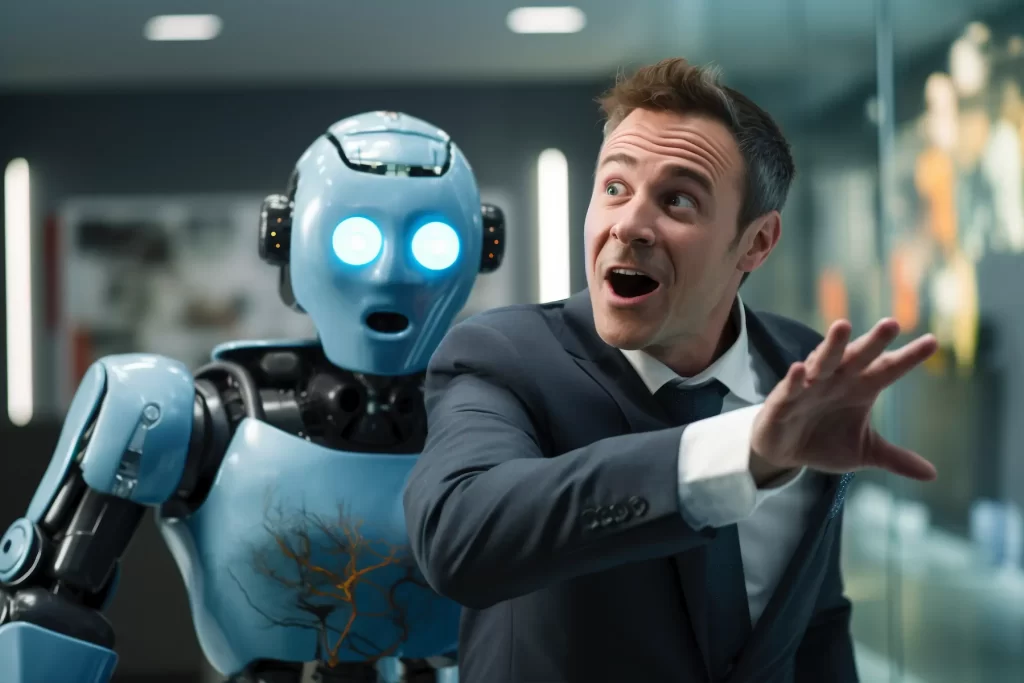
In recent decades, we’ve witnessed the automation revolution. Generative AI has the potential to affect up to 30,000 different tasks, unevenly transforming various occupations. While some professions are more exposed to automation, others require complex emotional skills that remain largely irreplaceable.
The Automation Revolution
For example, a healthcare professional doesn’t just handle complex diagnoses; they also interact with patients, offering empathy and understanding. This is where AI, while it can assist certain processes, cannot replicate the human connection.
The Human Skills AI Cannot Replace

Studies show that creativity and empathy are critical skills for the future of work. These competencies are essential for conflict resolution, leadership, and personalized attention. In this sense, human conversation is irreplaceable. Imagine a teacher explaining a complex idea to a child: the human touch and capacity for understanding are vital.
“AI will enable the creation of new professions, complement existing ones by boosting productivity, and in some cases replace them.” – BBVA Research
The Importance of Adaptability and Lifelong Learning
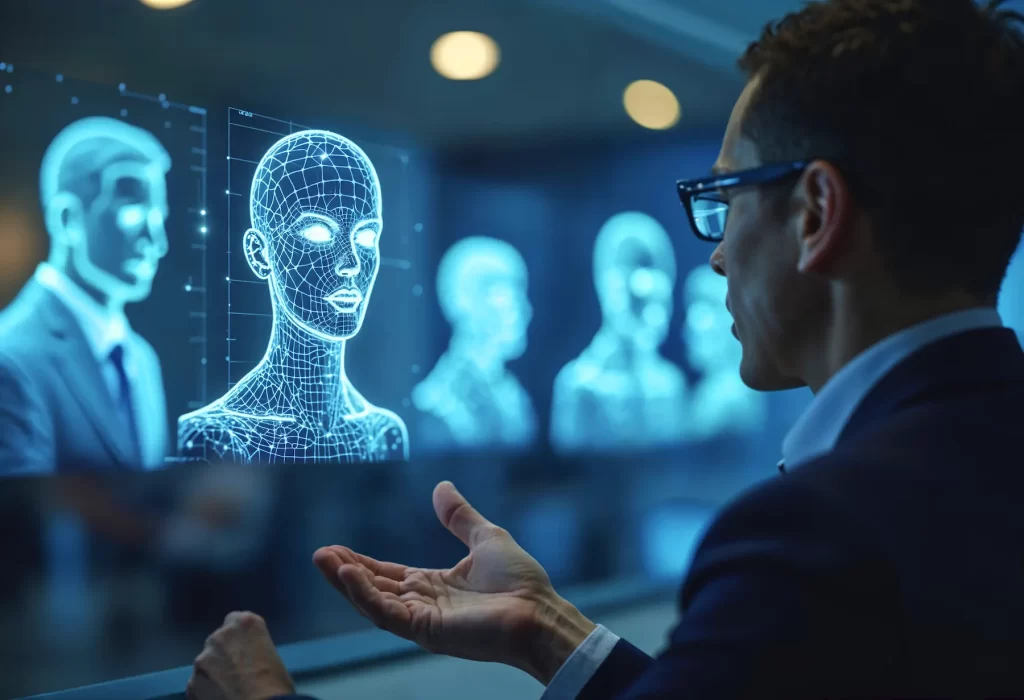
Thriving in today’s job market requires adaptability. Lifelong learning is a key tool for workers to update their skills and take on new roles created by emerging technologies. Companies must promote training and professional development so their employees feel confident and relevant during this transition.
A Future of Collaboration
Human-machine collaboration promises to enhance productivity and innovation across industries. Instead of replacing us, AI can complement us, making our tasks more efficient. For example, data analysts and AI ethics specialists are roles that are increasingly in demand as these technologies are integrated into the workplace.
Frequently Asked Questions About AI in the Workplace
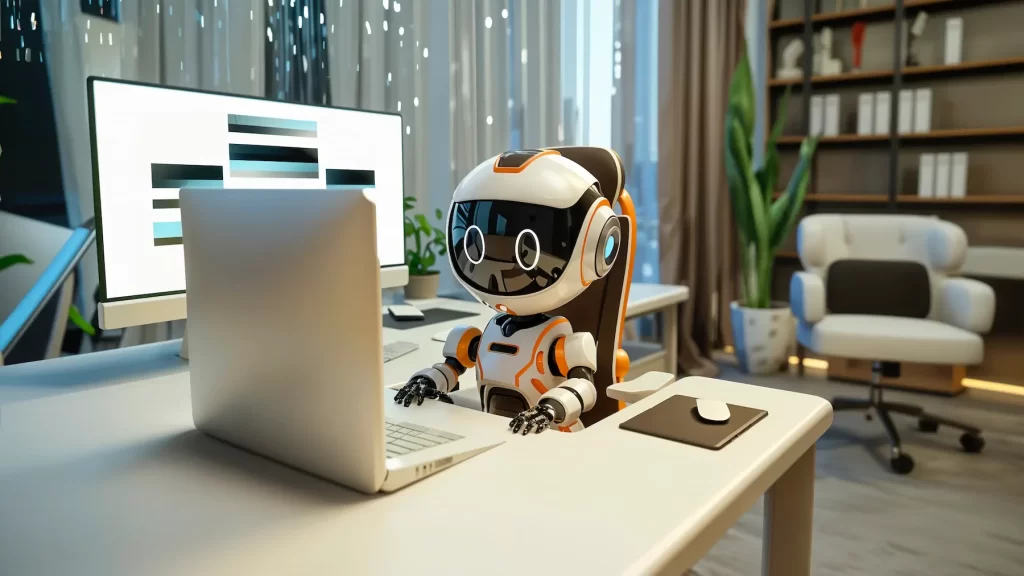
Will AI replace all jobs?
No, AI will not replace all jobs. While many repetitive tasks will be automated, human abilities like creativity and empathy are hard to replicate. Many jobs will evolve to include more human interaction alongside technology.
What are the most important skills in the AI era?
The most valuable skills include creativity, emotional intelligence, critical thinking, and the ability to adapt to new technologies. These capabilities will become increasingly important in a rapidly changing job market.
How can I prepare for a future dominated by AI?
Investing in lifelong learning is key. Look for courses and workshops that strengthen both your technical and human skills. Also, stay informed about the latest tech trends in your industry.
Which jobs are most at risk due to Artificial Intelligence?
Jobs that involve repetitive or structured tasks, such as assembly lines or data processing, are the most at risk. However, roles requiring human interaction—such as in healthcare and education—are less likely to be fully automated.
What impact does AI have on sectors like healthcare and education?
In healthcare, AI helps automate diagnostics and manage data, but always under human supervision. In education, it personalizes learning, enriching the experience but not replacing teachers.
Conclusion
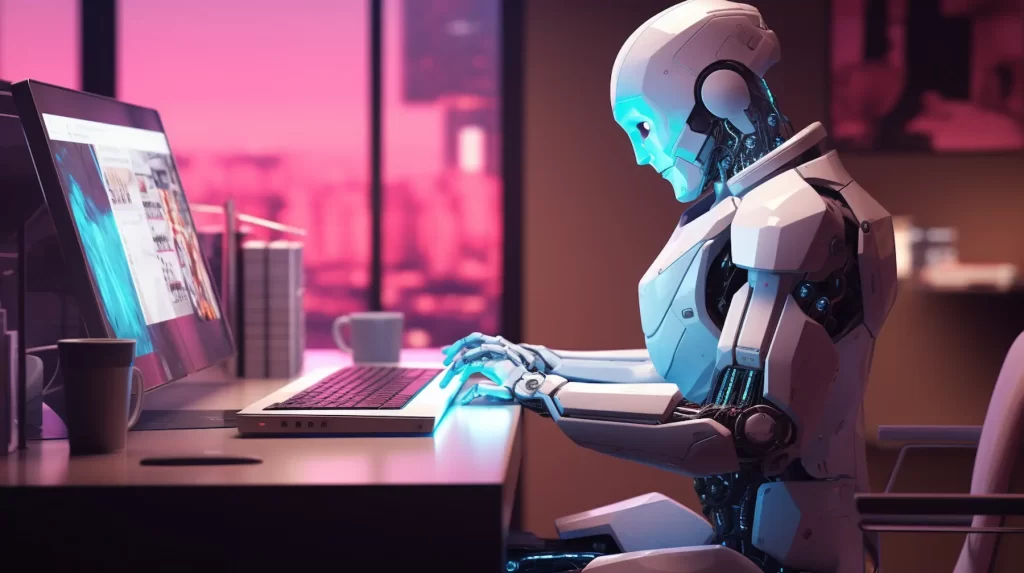
Artificial intelligence is redefining employment and the key skills needed in today’s workplace. While it presents significant challenges, it also opens new doors to opportunities that make the most of our human abilities. Adaptability, empathy, and a commitment to learning are essential not just to survive—but to thrive—in a world where AI plays an increasingly important role.
Are you ready to face these changes? Remember, together—humans and machines—we can achieve extraordinary results.
Did you find this content helpful? Keep exploring more topics on web design and digital strategy on our Source Code blog.

